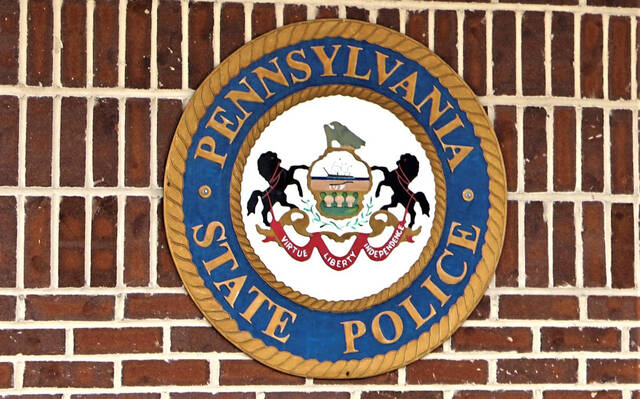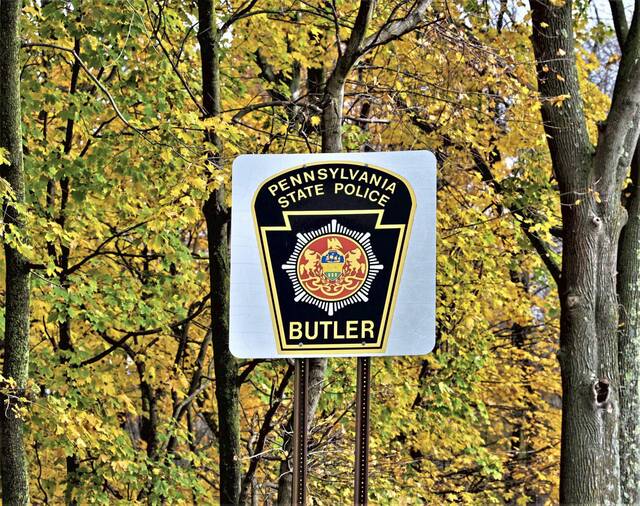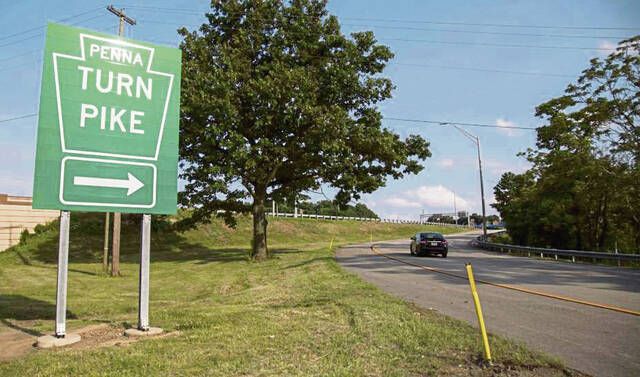Local and federal agencies are setting up websites dedicated to combating the spread of misinformation, rumors and scams related to the coronavirus.
They include advertisements and sales pitches for products promising a cure for covid-19, phone and email campaigns asking people to provide personal information in exchange for supplies like tests and masks, as well as social media posts warning of travel restrictions.
The Allegheny County Health Department launched a rumor control webpage this week to respond to residents’ frequently asked questions about the spread of covid-19.
It includes posts debunking the use of home remedies or medications to treat the coronavirus, answers questions about testing and shuts down rumors about travel bans and curfews.
New posts have been added daily, along with links to resources such as alerts from the Food and Drug Administration (FDA) and guidelines from the Centers for Disease Control and Prevention (CDC).
Scammers and hackers looking to make a buck are targeting people via email, social media and online advertisements, according to a list of tips distributed by the Fraud Squad of the Allegheny County District Attorney’s Office.
Be cautious about links sent to you from email addresses or social media accounts you don’t recognize, and research any charities or crowdfunding campaigns that are asking for donations, the tip sheet said.
As lawmakers work out details of a plan to distribute financial aid to individuals, the tip sheet notes that no government office will ask you to pay anything up front to receive this money.
In addition, no government office will ever call to ask you for your Social Security number, bank account information or credit card number over the phone.
The same goes for identity fraud related to Medicare accounts, according to fraud prevention resources posted on the Medicare website.
Guard your Medicare account number the same way you would protect a credit card number, and don’t believe callers who promise to send coronavirus tests, masks or other items in exchange for your Medicare account number.
The Pennsylvania Attorney General’s Office is tracking reports of price gouging by stores across the state.
As of March 14, the AG’s office had collected over 200 complaints about stores raising the prices of items such as cleaning supplies, bottled water, rice and flour. Those complaints can be directed to the office by email at pricegouging@attorneygeneral.gov.
The Federal Emergency Management Agency (FEMA) also set up a rumor control page to answer questions, including those about rumors of a national lockdown and how the National Guard could be deployed. “Fact: There is no national lockdown,” the site says.
National news outlet BuzzFeed is compiling a running list of the most common scams reaching people on social media or by phone, text, messaging apps such as WhatsApp and email, along with links to statements from authorities explaining why those messages are not true.








